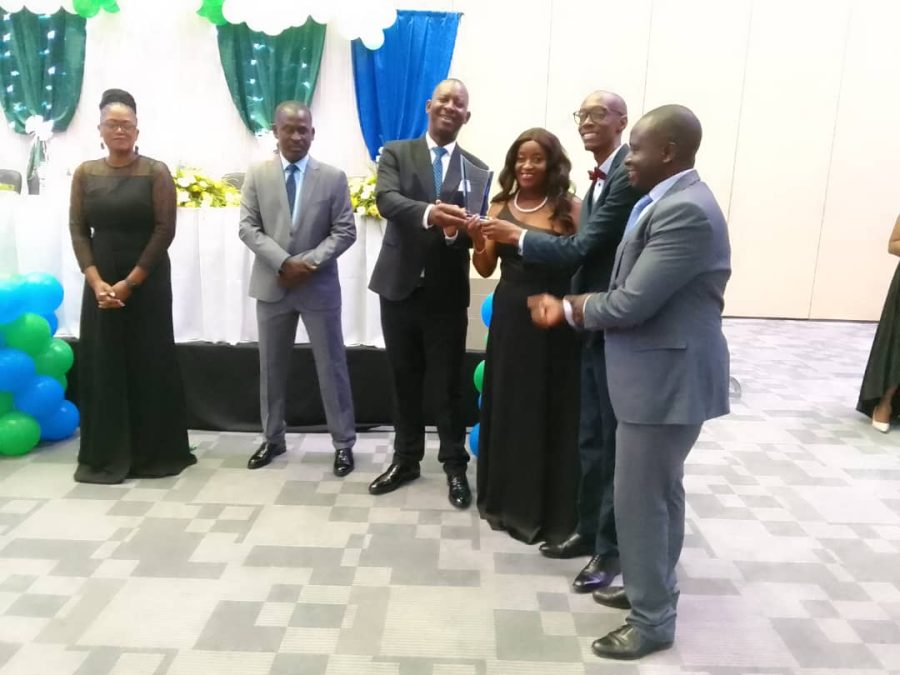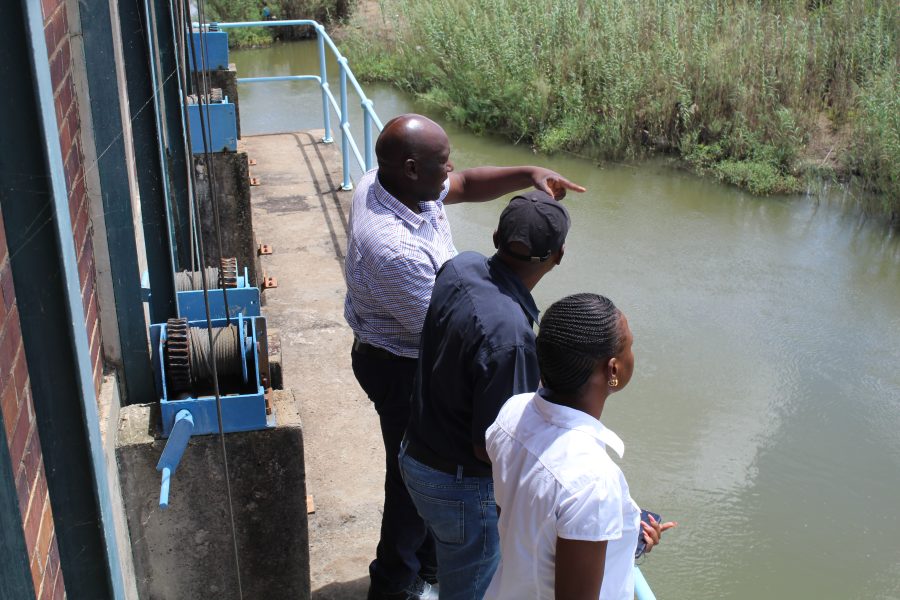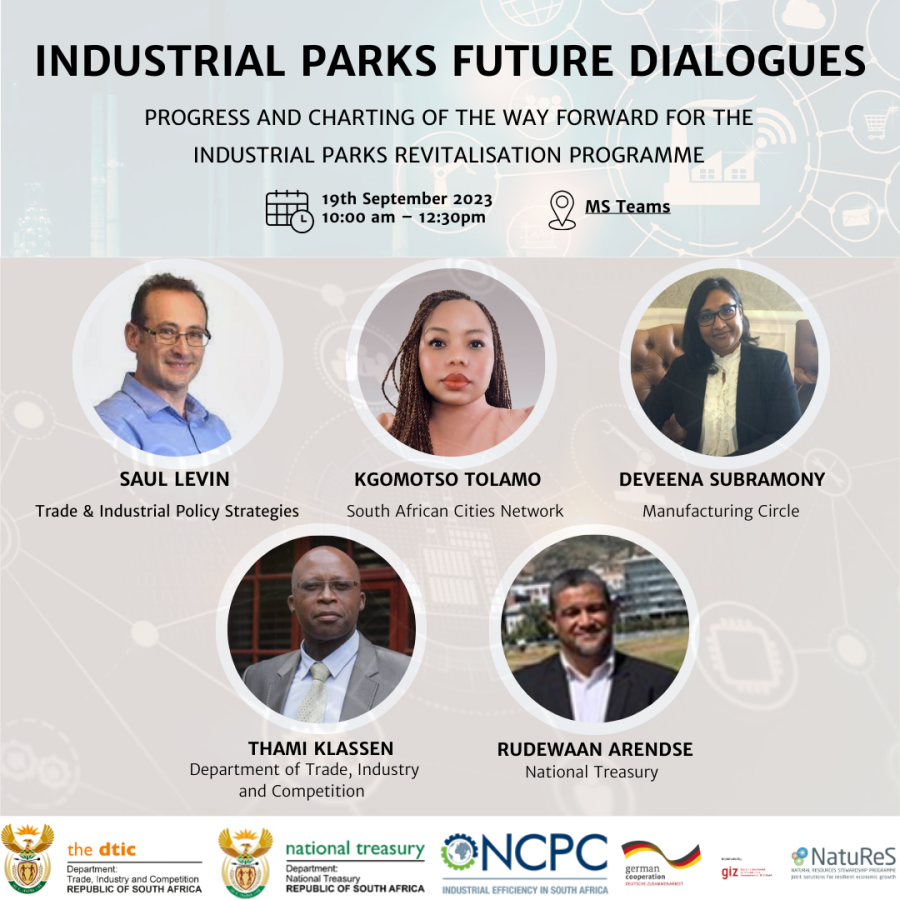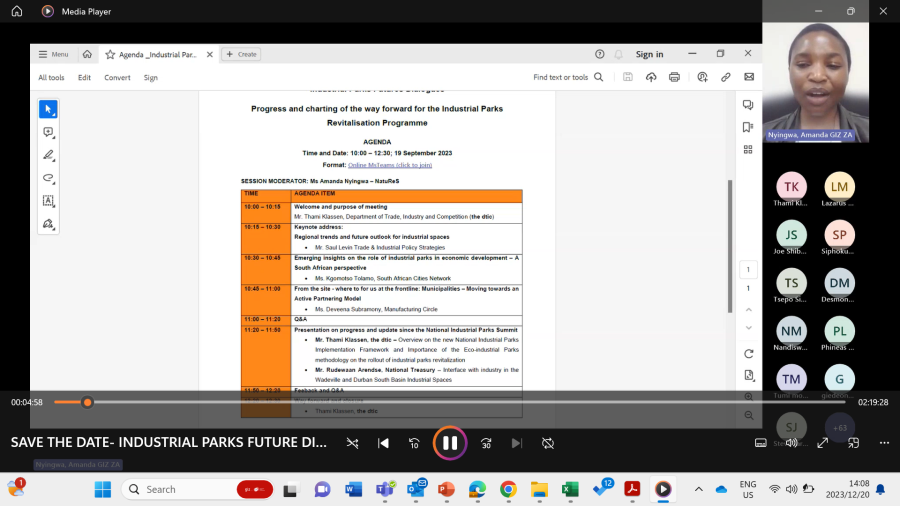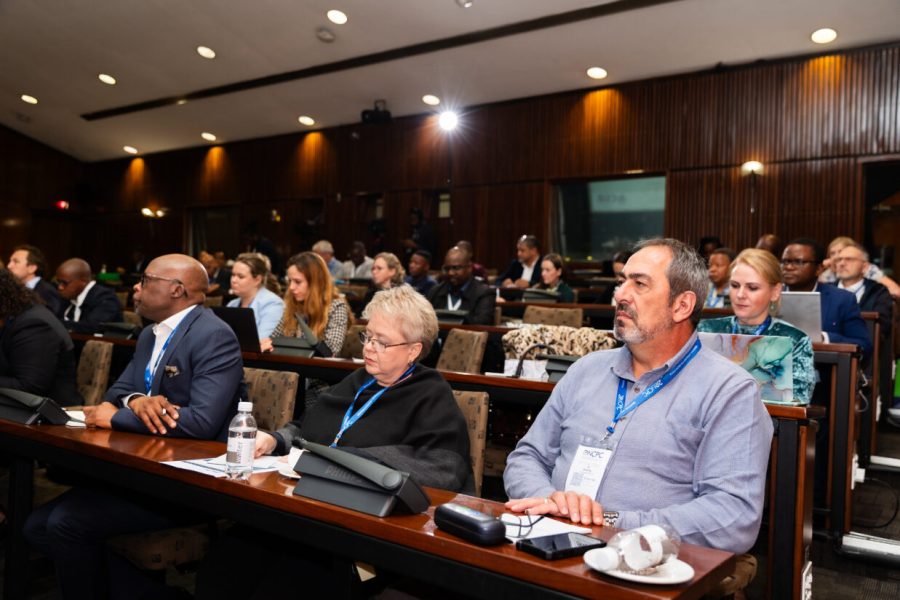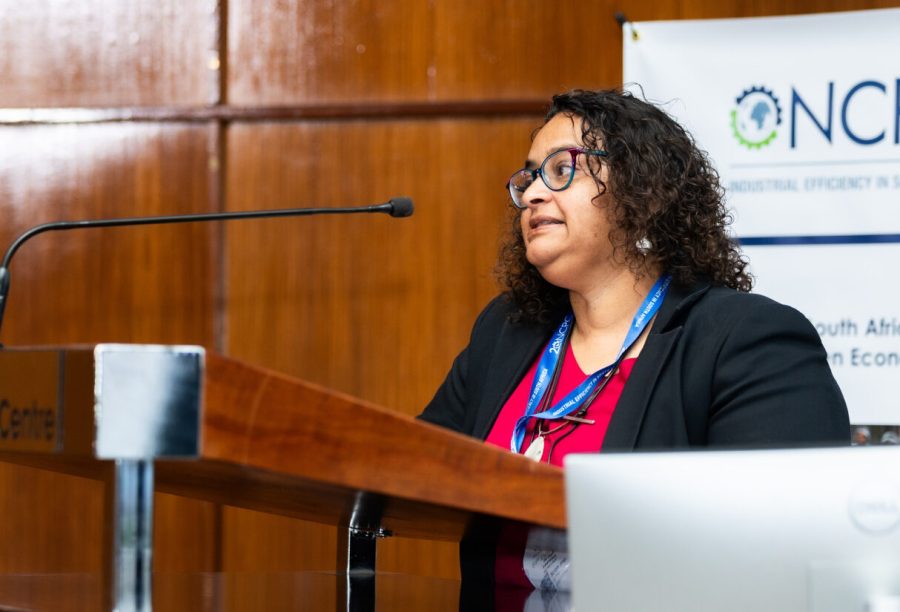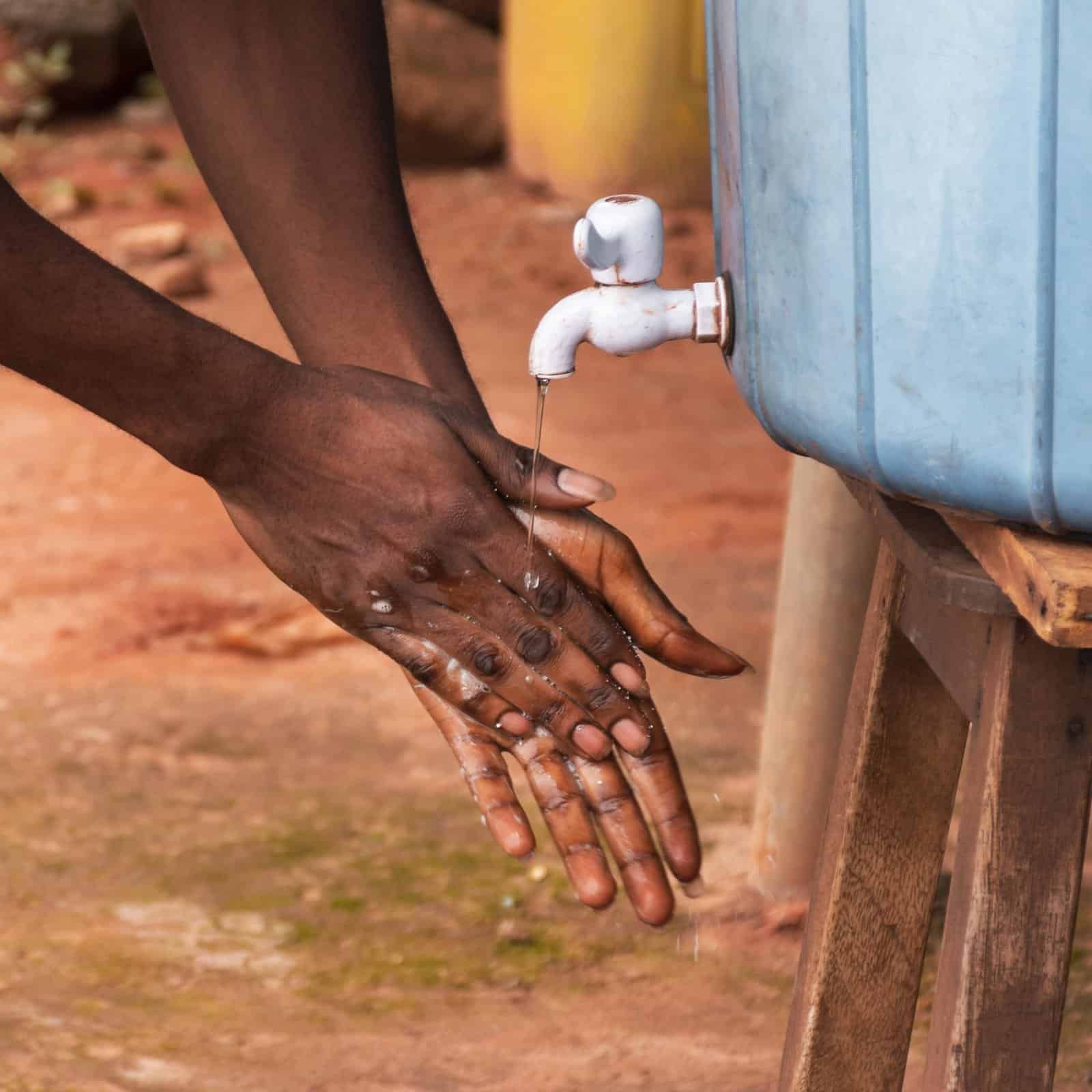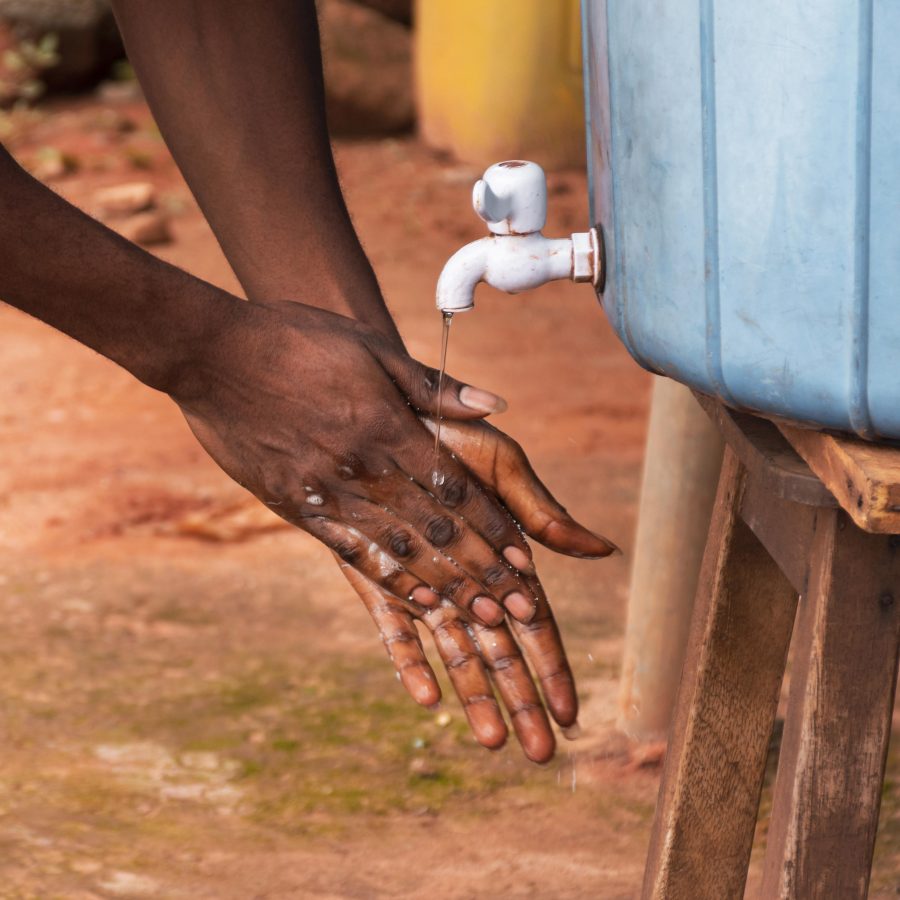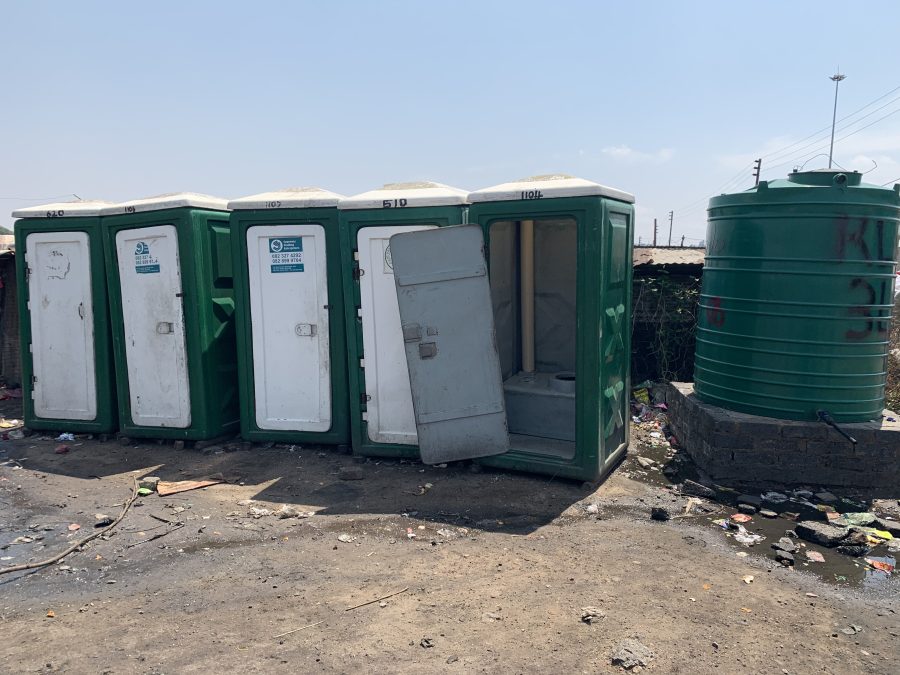Building a Water Secure Future: Highlights from the NRAF Workshop with LuWSI Partners

NRAF Participants group picture Copyright@GIZ
An intensive three-day training workshop was held for Lusaka Water Security Initiative (LuWSI) partners from the 22nd to the 24th of May at Twangale Park in Lusaka. This diverse group of participants, spanning public, private sectors, and civil society, gathered to deepen their understanding of the Natural Resources Risk and Action Framework (NRAF), a cornerstone of GIZ’s Natural Resources Stewardship (NatuReS) programme and a comprehensive approach to multi-stakeholder partnership development.
The primary objective of the workshop was to equip LuWSI partners with a deep understanding of the NRAF partnership development process and its various components.Through a series of interactive sessions, discussions, and hands-on activities participants were provided with practical insights on how the NRAF framework can be applied to establish new multi-stakeholder partnerships or strengthen existing ones such as LuWSI. The goal of these partnerships is to sustainably safeguard natural resources.
The training was tailored to address the unique needs and challenges faced by multi-stakeholder partnerships such as LuWSI, ensuring a relevant and impactful learning experience.
Comprehensive Understanding of NRAF
Participants were introduced to the foundational principles of the NRAF, exploring its theoretical underpinnings and practical applications. The framework emphasizes a collaborative approach to managing natural resources, integrating diverse stakeholder perspectives to address complex environmental challenges effectively.
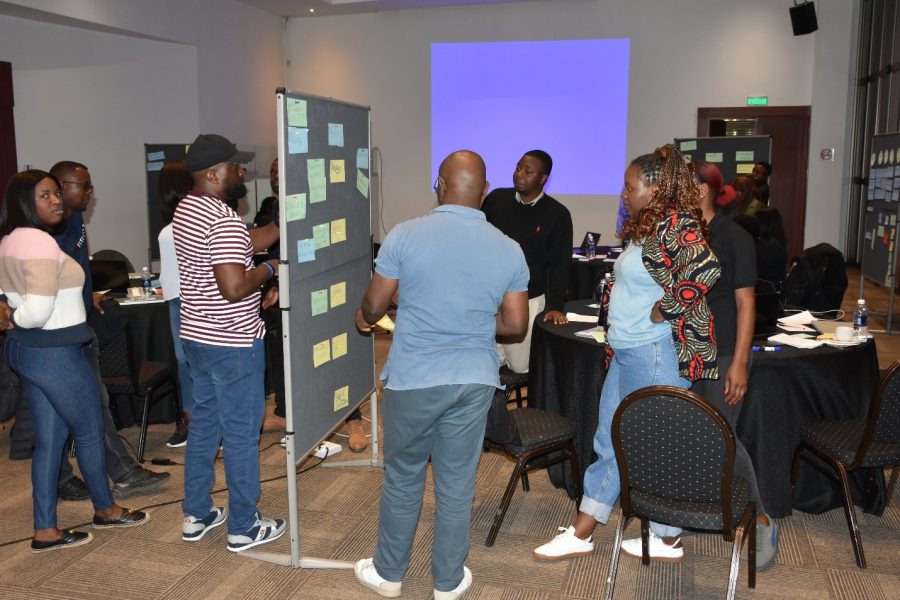
Group Work Copyright@GIZ
Practical Application Sessions
A significant portion of the workshop was dedicated to hands-on sessions where participants practiced applying NRAF principles and tools to real-world scenarios. These practical sessions were particularly well-received, allowing attendees to translate theoretical knowledge into actionable strategies. By working through selected scenarios, participants gained valuable insights into the intricacies of partnership development and resource management.

Group Work Copyright@GIZ
Collective Leadership and Shared Experiences
Another key component of the workshop was the focus on collective leadership. Participants engaged in sessions that highlighted the importance of collaborative leadership in driving successful partnerships. These sessions were also enriched by experiences and case studies from other NatuReS countries and partnerships, providing a broader perspective on the application of NRAF in diverse contexts.
Participant Feedback
The training workshop was met with enthusiastic feedback from participants, who appreciated the comprehensive and practical nature of the sessions. The opportunity to delve into the NRAF elements and practice their application was highlighted as a standout feature of the workshop. Additionally, the collective leadership session and the sharing of experiences from other NatuReS initiatives were praised for their relevance and inspiration.
By providing a thorough understanding of the NRAF and facilitating practical application, the workshop has empowered participants to contribute more effectively to the stewardship of natural resources in Lusaka and Zambia. This collaborative effort underscores the critical importance of integrated, multi-sectoral approaches in addressing water security and other environmental challenges related to natural resources.


